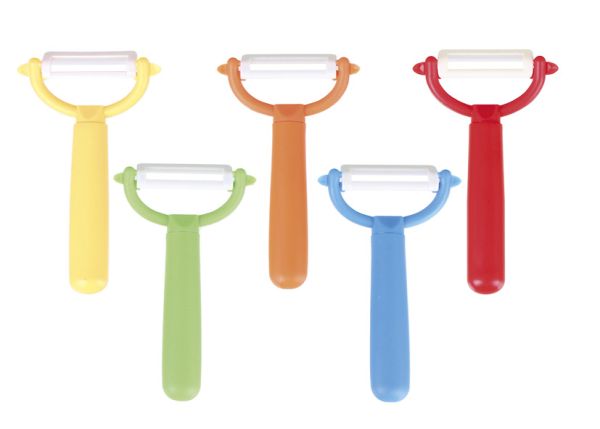Language
WORLDWIDE SHIPPING
Vegetable peeler - ceramic peeler with handle in assorted colors
was
€4.90
Special Price
€2.00
€1.64
Availability:
In stock
Potato peeler with ceramic blade in red, green, blue, orange, and yellow.
Ceramic blades are surgically precise and last far longer than ordinary blades.
To easily chop and slice.
In addition, the ceramic blades are acid-resistant, rust-resistant, odorless, and tasteless.
The nonstick surface is more sanitary and secure.
Simple to clean: simply rinse and pat dry with a kitchen towel.
Comfort and ease of usage are provided by the lightness and precise balance.
FAQs

 IT
IT FR
FR
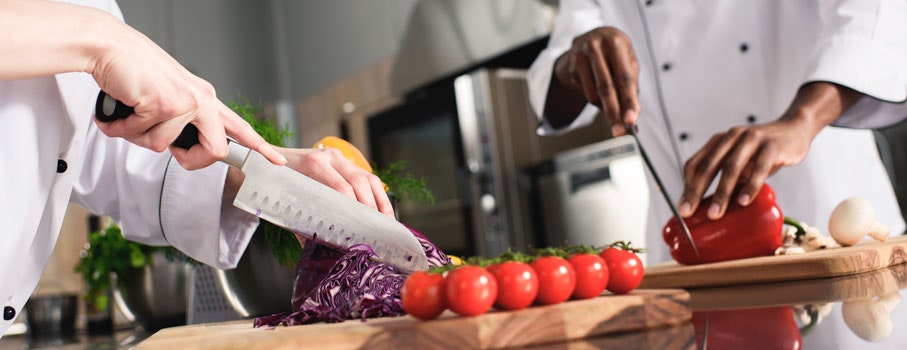
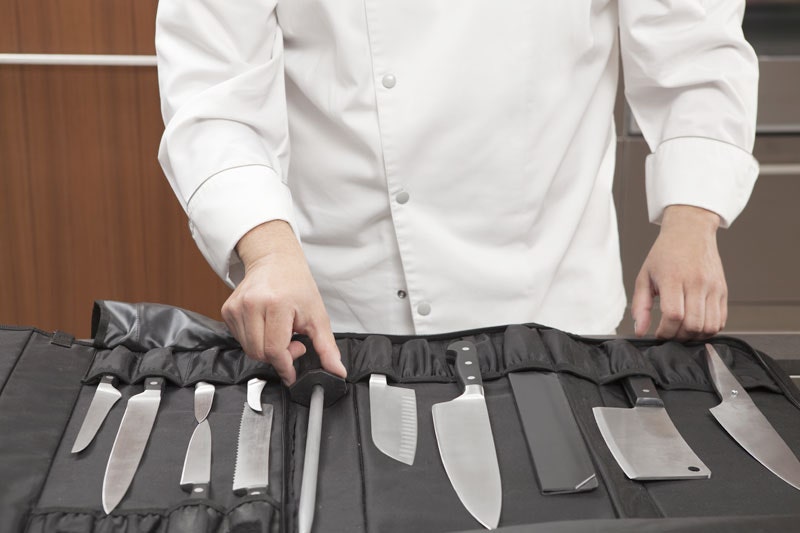
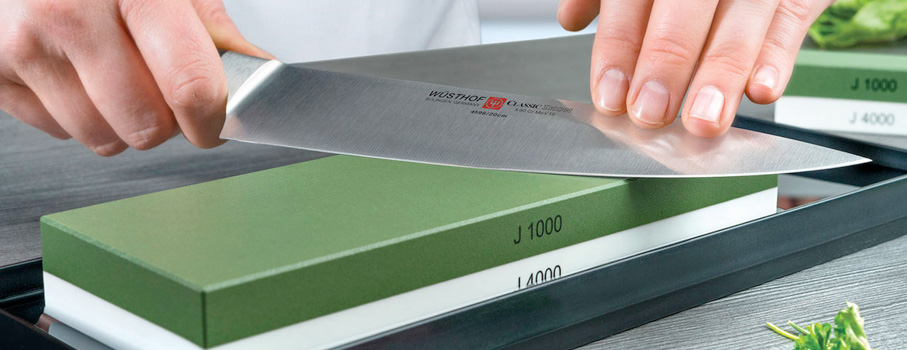
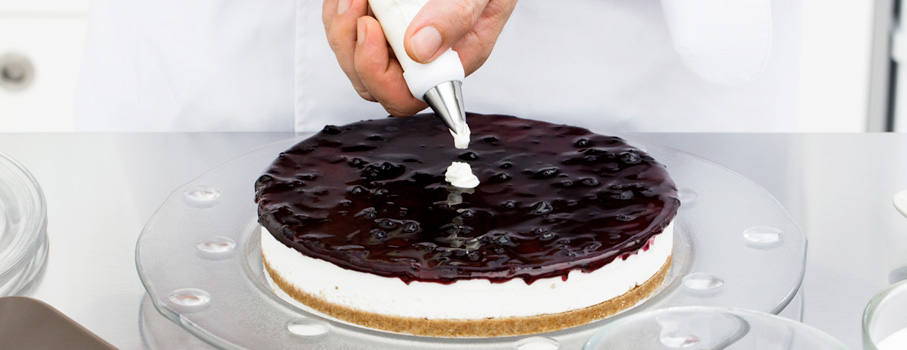

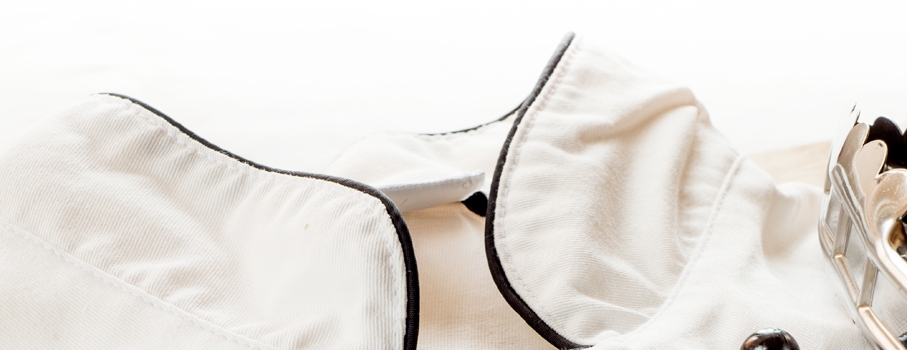
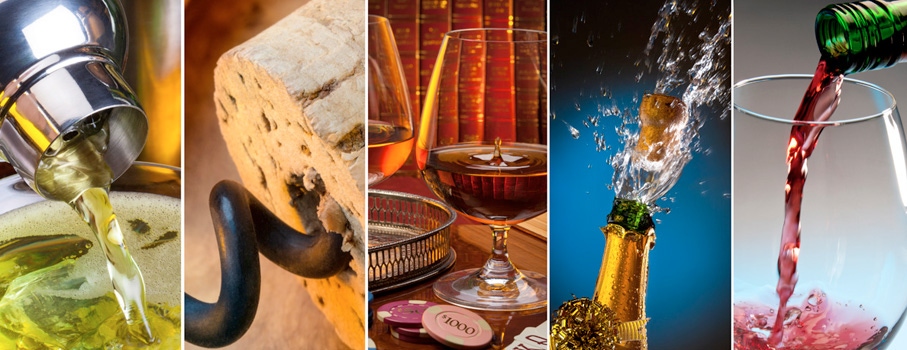
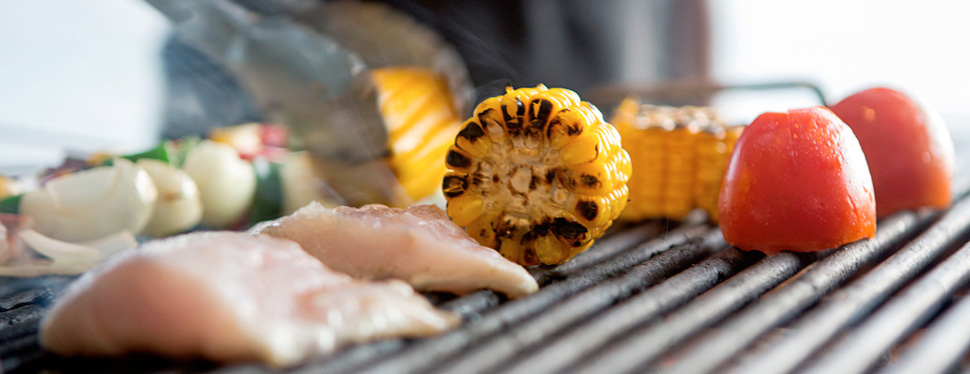

 IT
IT FR
FR

